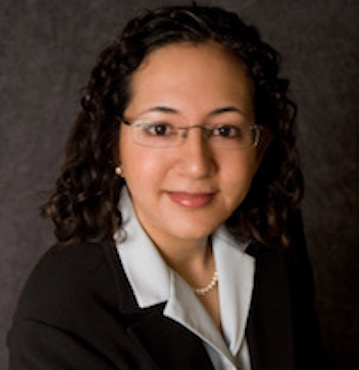
PTSD: Who Gets It and How Is It Treated?
Post-traumatic Stress Disorder (PTSD) is a common anxiety condition that individuals can develop as a result of a physically or mentally traumatic experience. PTSD can be triggered from a wide variety of events, such as living through a natural disaster, witnessing violence or death, and personal injury.
Furthermore, individuals can develop PTSD by experiencing trauma indirectly, such as from learning about the death of a loved one. The onset of PTSD often occurs within three months of the traumatic event, but may take longer in some cases.
The symptoms of PTSD are numerous and wide-ranging. They commonly include flashbacks, nightmares, insomnia, and intense feelings of anxiety, fear, and depression that can persist for months to years after their onset, dramatically impacting the lifestyle of an individual.
What Predicts Whether a Trauma Survivor Will Develop PTSD?
Research has shown different demographic and sociocultural variables to be correlated with the development of PTSD after a traumatic event. For instance, women are more likely than men to develop the condition, as are people who have experienced previous trauma or have pre-existing mental health conditions. Interestingly, in several experiments, one of the best predictors of likelihood to succumb to PTSD was education level. Those with less formal education were found to be more likely to develop PTSD than those who had completed some form of higher education.
The nature of the traumatic event has also been shown to impact the resulting incidence of PTSD. Research suggests that the more severe the event is, the more likely that those who experience it are to develop PTSD. Additionally, the way in which an individual processes a traumatic event while it is happening may affect their susceptibility to the condition. Often individuals who developed PTSD reported dissociative sensations such as time distortion and loss of contact with reality during the traumatic experience.
How is PTSD Treated?
There are various medical and psychological interventions that may help to reduce the intensity and longevity of PTSD symptoms in the short and long term. Medications commonly prescribed to control these symptoms include Serotonin Nor-Epinephrine Reuptake Inhibitors (SNRIs) such as Cymbalta and Effexor, and Selective Serotonin Reuptake Inhibitors (SSRIs) such as Zoloft and Prozac. Additionally, Beta-Blockers, Ant-psychotics, and Benzodiazepines may help to alleviate PTSD symptoms.
Psychological interventions for PTSD symptoms include, but are not limited to, cognitive behavioral therapy, which focuses on how the trauma negatively affects a person’s thought patterns, and exposure therapy, whereby patients are gradually reintroduced to stimuli that remind them of their trauma, and thus trigger their symptoms in an attempt to constructively work through them. Research has demonstrated that psychological intervention performed soon after the traumatic event significantly reduces the risk of patents experiencing long-term PTSD symptoms.
The intensity and duration of PTSD is often patient specific, depending on factors such as the type and severity of trauma, how long it lasted and how receptive the patent is to treatment therapies. The unpredictable and evolving nature of symptoms makes having a team of Certified Physician Life Care Planners a valuable tool in managing current and future symptoms of PTSD and the associated costs of care.
Our Doctors
Life Care Planners

Physical Medicine & Rehabilitation, Pain Medicine, Brain Injury Medicine
Dr. Miranda-Grajales
YEARS years of experience




Master of Divinity, Specializing in Neuropsychology
Dr. Brandi Buchanan
YEARS years of experience